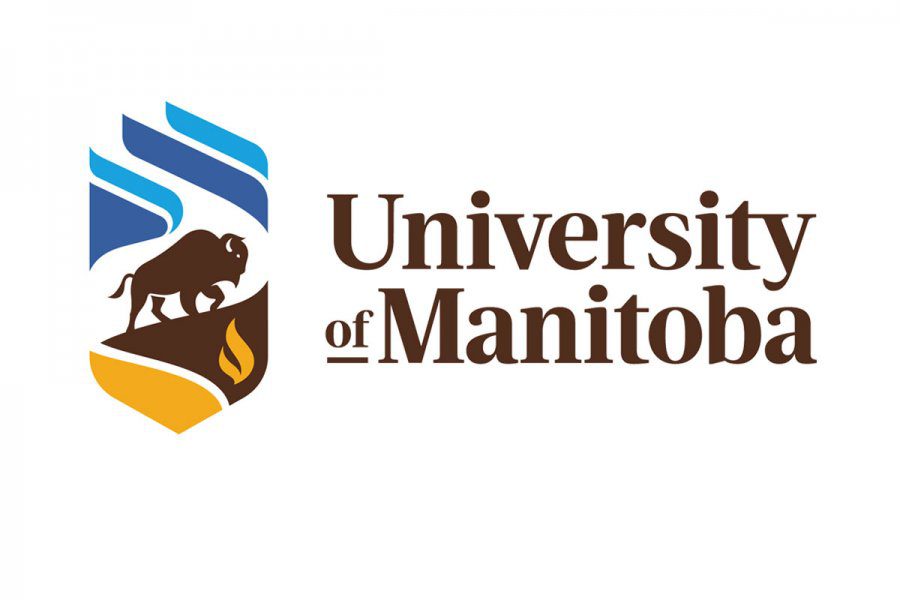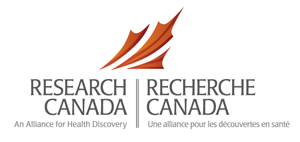 UM’s global health research is changing lives and communities
UM’s global health research is changing lives and communities
OCTOBER 31, 2024 – The University of Manitoba (UM) is taking bold steps on the world stage through innovative research to address some of the most pressing challenges of our time. Through research in vaccine development, maternal and child health, and health equity, UM is having a positive impact in communities around the globe.
Advancing pandemic preparedness in Canada
UM is improving Canada's readiness for future pandemics through a landmark $57 million investment in vaccine and biomedical research infrastructure—the largest federal research funding in the university's history. In collaboration with the Universities of Alberta, Saskatchewan and Calgary, UM is constructing two state-of-the-art facilities that will accelerate vaccine development and strengthen biomanufacturing practices.
The PRAIRIE Biologics Accelerator, a 21,000-square-foot biosecure laboratory on UM’s Fort Garry campus, will bring together scientists and engineers to develop next-generation vaccines. The PRAIRIE One Health Emerging Respiratory Disease Centre on the Bannatyne campus will include a Containment Level 3 Ag laboratory, a highly secure facility designed for testing vaccines against high-risk pathogens. These facilities aim to boost vaccine research and production capabilities, positioning Canada to better respond to future pandemic threats.
Improving maternal and child health
UM leads the country in research funding from the Gates Foundation – totaling $450 million since the foundation’s inception. In India, we are making significant strides in enhancing maternal and child health outcomes in Uttar Pradesh, a state with over 200 million people. By building digital infrastructure to improve staffing, supply chain management and data collection,
our researchers have achieved remarkable results, including a 40% reduction in neonatal mortality, averting approximately 99,000 deaths annually. This work is now expanding to Africa, thanks to funding from Gates Foundation to identify barriers and improve access to life-saving contraceptives. These efforts will aim to improve the quality and accessibility of medical care, contributing to improved health outcomes for mothers and children.
Promoting health equity in Kenya
In Kenya, UM is advancing health equity among marginalized communities, including sex workers and LGBTQ+ individuals who face significant barriers to health care. Drawing on decades of infectious disease research, UM partners with local organizations to operate ten Sex Worker Outreach Program (SWOP) clinics in Nairobi, providing essential HIV prevention and
care services to more than 30,000 female sex workers, 9,000 men who have sex with men and close to 1,500 transgender individuals. These clinics offer safe spaces and empower communities to advocate for their health rights. Through community-driven programs, peer education and advocacy initiatives, UM is helping to challenge stigmas, promote inclusivity and improve access to health care for underserved populations.
Driving transformational change
These innovative projects demonstrate UM’s ability to address complex global challenges through practical, research-driven solutions. By fostering interdisciplinary collaboration and forming partnerships across sectors, UM is turning knowledge into action. As the university expands its global reach, it remains committed to building a brighter future for all, inspiring future generations to engage in research that transforms lives and communities.
Delaney Hoeppner
Manager, Communications
University of Manitoba
